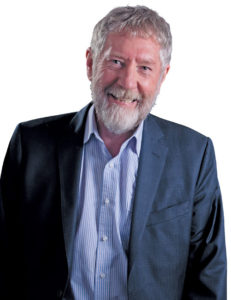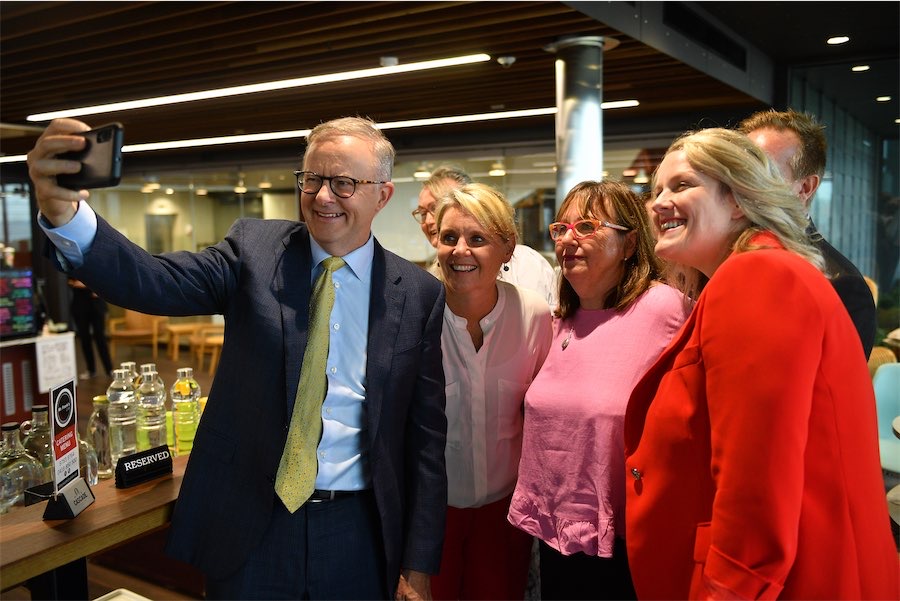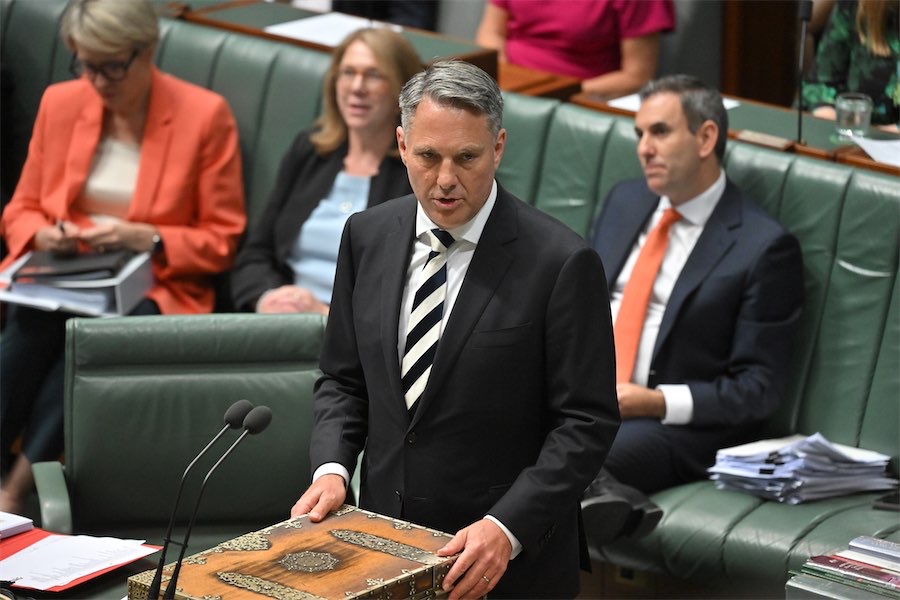“Big donors do not just rely on their donations. They also build strong relationships through invitations to the box at the footy games and the like, quiet dinners at up-market restaurants and other social engagements,” writes political columnist MICHAEL MOORE.
THERE is truth in the old saying “there is no such thing as a free lunch”.

Legislation passed in the ACT Assembly in August, and coming into full effect on July 1, is set to deal with some of the concerns around inappropriate political donations.
The focus of this legislation is property developers.
Apart from individuals making small donations to political parties to support their own ideological views, there is no place in our democracy for political donations.
By and large, donations have a viral effect undermining the power of “one value, one vote” and handing power to the corporatocracy. These are not donations to support ideology, they are effectively payments looking for future favourable treatment.
The impact is insidious. Again and again political party representatives argue that such donations have no direct influence on decision making. The impact of taking decisions that fly in the face of big donors and putting at risk further contributions does take courageous decision making.
However, there is an even more insidious impact. The influence of positive-relationship building is well understood in the field of advocacy. Listening in an active and receptive way to someone who is a well-known and trusted donor is so much easier than paying attention to a constituent who has a problem.
Or even worse, someone who is not well known and is seeking a change in policy or approach – even when it is for the public good.
Big donors do not just rely on their donations. They also build strong relationships through invitations to the box at the footy games and the like, quiet dinners at up-market restaurants and other social engagements.
In this manner they gain totally disproportionate power and turn governments from democracy to corporatocracy. Politicians do not like to decline such “harmless” invitations from big donors.
The legislation to restrict donations from property developers follows similar laws pioneered in NSW when the corruption associated with such donations was very public.
It is an excellent first step. All the parties in the ACT Assembly also refuse to take donations from tobacco companies. The National Party and some of the smaller parties federally have not taken this step.
The challenge throughout Australian jurisdictions is not just property developers. The corporatocracy seeking to influence governments includes: alcohol companies, banks, the mining industry, fossil fuel companies, weapons manufacturers, junk food companies, big tobacco and the gambling industry, to name just a few. Industries that want no government regulation or control are well represented in those who donate to political parties.
In the vast majority of cases such industries donate to both major political parties and across the political spectrum. Such donations reveal the importance of being seen positively by whoever is in government, or might be in government in the not-too-distant future.
The long-term goal of the sort of legislation coming into effect on July 1 ought to be restricting donations to limited amounts for a single donation and to only be from an individual on the electoral roll. This would also provide a more equitable power at election time. At the moment, the two major parties sink considerably more funds into election advertising than any minor party or individual.
Limits on election spending by parties and individuals have been put in place by the ACT Legislative Assembly. It is a credit to Canberra’s MLAs and political parties that they have supported this approach.
The Hare-Clark electoral system, as used in the ACT, is amongst the fairest in the world for delivering “one value, one vote”. This is a great start. However, if untainted decision making is to be the norm, there is still a long way to go. Democracy will be best served when our politicians are able to make unfettered decisions that rely on the best available research and scientific evidence along with the clear advice of the bureaucracy.
The political ramifications of such decisions will always be an important factor. However, this should largely be about paying attention to the general will of the people and not the narrow, self-interested wishes of the corporatocracy.
Michael Moore is a former member of the ACT Legislative Assembly and an independent minister for health. He has been a political columnist with “CityNews” since 2006.
Who can be trusted?
In a world of spin and confusion, there’s never been a more important time to support independent journalism in Canberra.
If you trust our work online and want to enforce the power of independent voices, I invite you to make a small contribution.
Every dollar of support is invested back into our journalism to help keep citynews.com.au strong and free.
Thank you,
Ian Meikle, editor





Leave a Reply